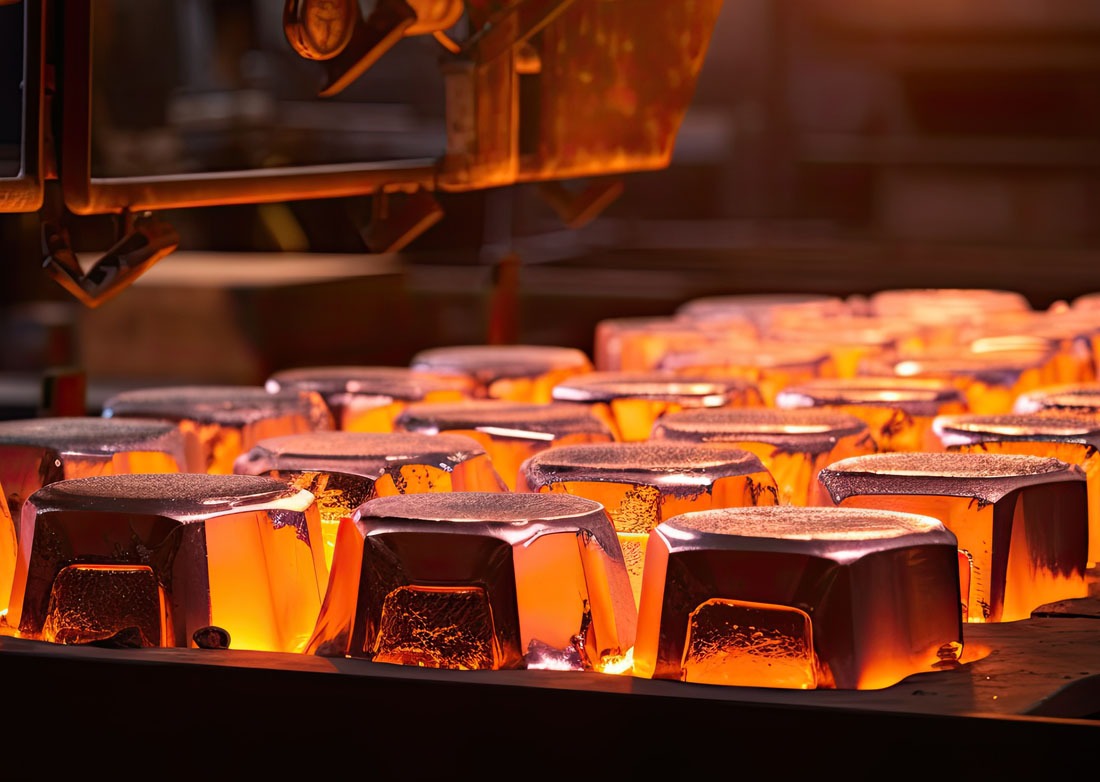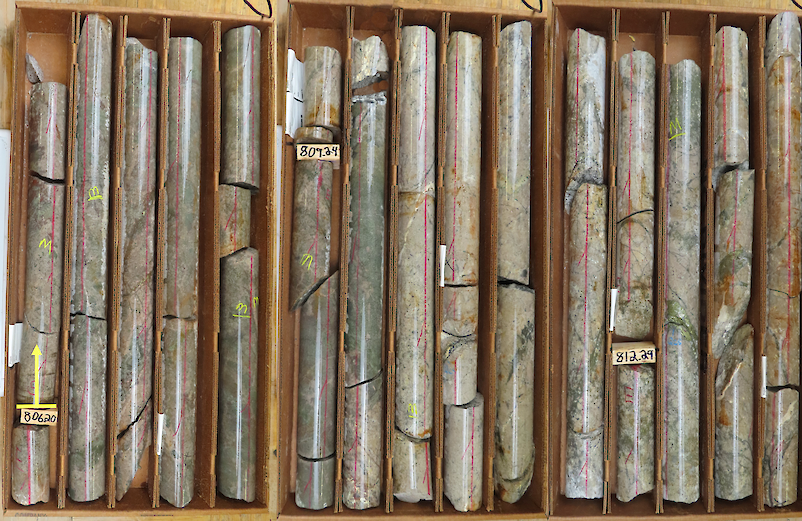The Tsunami and Short-Term REE Demand
Source: Jack Lifton (3/15/11)
"There will be a short-term decrease in the price of the critical rare earth metals."
It goes without saying that in the short term, the biggest challenge for Japan and its economy is to provide immediate humanitarian relief to the victims of the earthquake and tsunami. Cost will, of course, not be a factor in rescue and relief efforts.
In the long term, however, the largest problem for the Japanese industrial economy will be the sudden onset of the need to redistribute (at best) and allocate and prioritize (at worst) the supply of electricity between civilian and industrial demand. I don't know how much of Japan's national electricity-production capacity has been destroyed, but even if there is spare capacity, it remains to be seen when the grid in the affected area can be restored.
It also remains to be seen how much of Japan's industrial capacity has been impaired and which particular industries may have been affected. As long as the emergency lasts, there will be no need and perhaps no easy way, logistically, to continue just-in-time or long-term deliveries of non-fuel or non-food raw materials. Theoretically, Japan will want to bring its export industries back up to speed as soon as possible to resume full economic life. Practically, however, some industries will need to slow down to allow others to get logistical priorities for humanitarian reasons.
Japan is China's largest customer for rare earth metals and alloys, but processing such materials is so energy intensive that it may be reduced or even eliminated this year (until the essential economy is restored). I am going to guess that deliveries of rare earth metals and alloys to Japan will slow dramatically in the next quarter at least, if not longer. Although Japanese trading companies will continue to buy and now stockpile them, they will not simply accumulate them for an indefinite period.
This means a short-term increase in the supply of these materials, as the production of them is mostly in unaffected China. If the law of supply and demand is still operating in the real world, this should mean a short-term decrease in the price of the critical rare earth metals.
Finally, I note that last year China exported only 10% of its production of the critical REE metal dysprosium, as a metal for others to alloy and fabricate products. If I were a Japanese end user or trading company—or one of the same in Korea—I would try to buy as much dysprosium as I could now and take delivery outside of China for future demand. The rare earth production industry's customers are overwhelmingly in China and Japan. Any impairment of industrial production in either country will have a major impact on global rare earth prices.
Investors should focus on those rare earth ventures that can produce outside of China, the most critical rare earth metals such as dysprosium, terbium and europium. There are ample deposits of the lighter rare earths in development and thus no further need to worry about the supply of the light rare earths.
Jack Lifton is a leading authority on the sourcing and end-use trends of rare and strategic metals. He is a founding principal of Technology Metals Research LLC and president of Jack Lifton LLC, consulting for institutional investors doing due diligence on metal-related opportunities.
In the long term, however, the largest problem for the Japanese industrial economy will be the sudden onset of the need to redistribute (at best) and allocate and prioritize (at worst) the supply of electricity between civilian and industrial demand. I don't know how much of Japan's national electricity-production capacity has been destroyed, but even if there is spare capacity, it remains to be seen when the grid in the affected area can be restored.
It also remains to be seen how much of Japan's industrial capacity has been impaired and which particular industries may have been affected. As long as the emergency lasts, there will be no need and perhaps no easy way, logistically, to continue just-in-time or long-term deliveries of non-fuel or non-food raw materials. Theoretically, Japan will want to bring its export industries back up to speed as soon as possible to resume full economic life. Practically, however, some industries will need to slow down to allow others to get logistical priorities for humanitarian reasons.
Japan is China's largest customer for rare earth metals and alloys, but processing such materials is so energy intensive that it may be reduced or even eliminated this year (until the essential economy is restored). I am going to guess that deliveries of rare earth metals and alloys to Japan will slow dramatically in the next quarter at least, if not longer. Although Japanese trading companies will continue to buy and now stockpile them, they will not simply accumulate them for an indefinite period.
This means a short-term increase in the supply of these materials, as the production of them is mostly in unaffected China. If the law of supply and demand is still operating in the real world, this should mean a short-term decrease in the price of the critical rare earth metals.
Finally, I note that last year China exported only 10% of its production of the critical REE metal dysprosium, as a metal for others to alloy and fabricate products. If I were a Japanese end user or trading company—or one of the same in Korea—I would try to buy as much dysprosium as I could now and take delivery outside of China for future demand. The rare earth production industry's customers are overwhelmingly in China and Japan. Any impairment of industrial production in either country will have a major impact on global rare earth prices.
Investors should focus on those rare earth ventures that can produce outside of China, the most critical rare earth metals such as dysprosium, terbium and europium. There are ample deposits of the lighter rare earths in development and thus no further need to worry about the supply of the light rare earths.
Jack Lifton is a leading authority on the sourcing and end-use trends of rare and strategic metals. He is a founding principal of Technology Metals Research LLC and president of Jack Lifton LLC, consulting for institutional investors doing due diligence on metal-related opportunities.



































